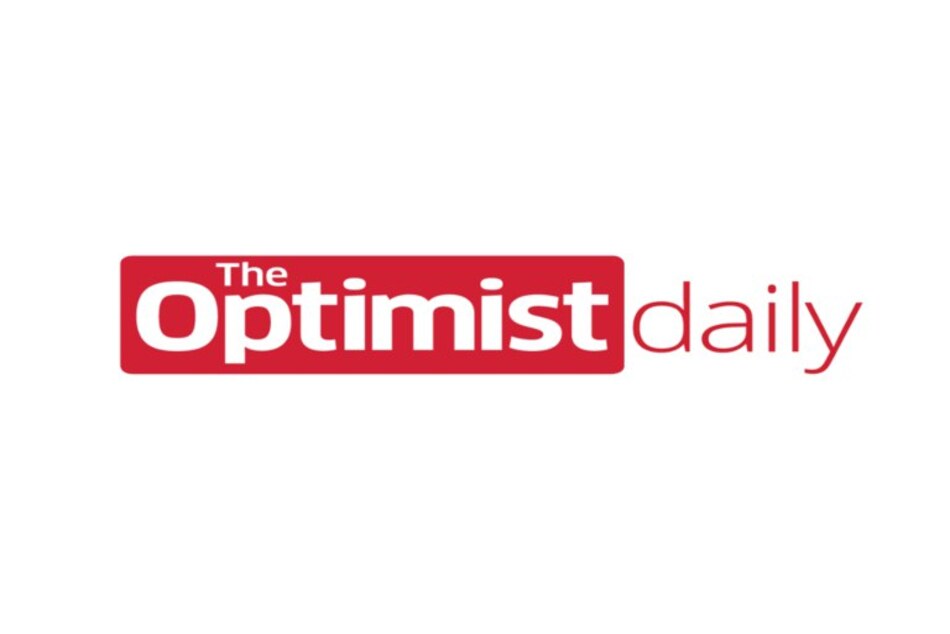Many food systems have a detrimental effect on the environment, especially when it comes to the cattle industry. Cheap meat does not reflect its true price when it comes to its negative cost to our planet. So how can we bring meat products up to their true cost without hurting the pockets of the everyday person?
This is where the government and markets could play a role. Here are four economist-backed solutions that could be reasonably implemented to lessen this environmental burden and bring the meat up to its actual price.
Invest in methane
Cattle are the biggest food contributor to climate change, releasing methane gas through their digestive process. If governments invested in reducing methane released from cattle through regenerative farming practices and alternative foods, they could make a huge impact. Multiple global companies are currently developing lab-grown meat and other tasty alternatives which pack in just as many nutrients but hugely reduce the environmental cost of a meal.
Regulate pollution
The U.S. is one of the largest economies in the world with few incentives to change food production practices to reduce pollution. Although it is difficult to find a solution that doesn’t hurt the pockets of everyday consumers or the farmers who are trying to make a living, governments should be working toward finding the answers.
Make subsidies greener
In the U.S., farmers receive around $10 billion and $20 billion in subsidies each year. To incentivize people to carry out greener framing practices, strings could be attached to these that require a certain level of involvement in pollution-mitigating practices.
Tax carbon
Beef production takes a huge environmental toll on our planet and the cheap price we see on the shelves does not reflect the true cost of the product. The money which is having to be put into solving the problems that cattle cause has to come from somewhere, so taxing polluting carbon could be a source of this fund.
To avoid this price increase hitting those the hardest in society which it shouldn’t – such as low-income households – a carbon tax straight to the source could be introduced. One system that could be implemented is a cap-and-trade system, where polluters purchase credits for emissions to avoid going over a government-mandated cap.












